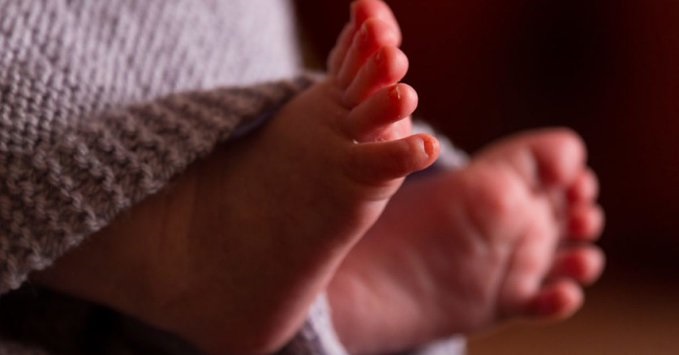India’s Surrogacy Rule Amended; Here’s How It Will Help Couples With Medical Conditions

New Delhi: Bringing relief to couples struggling with infertility problems, the Central government on Friday allowed use of a donor gamete – ova or egg cells and sperm – if one of the partners is certified to have a medical condition that prevents use of his or her own gametes.
Amending the Surrogacy (Regulation) Rules, 2022, the government notified that for couples (husband or wife) certified as suffering from medical conditions, both gametes need not come from the intending couple. The Centre’s Gazette Notification declared that in cases where District Medical Board certifies that either husband or wife constituting the intending couple suffers from medical condition necessitating use of donor gamete, then surrogacy using donor gamete is allowed.
The amendment has been welcomed by medical fraternity as it would be a relief for older woman struggling with the quality of eggs which falls with age.
A notification issued in March 2023 made it necessary that both egg and sperm come from the “intending couple”. Prior to that, donation of eggs was allowed, but not the sperm.
The Supreme Court received many petitions against the decision and urged the government to change the rule.
The Supreme Court had also allowed a woman with Mayer-Rokitansky-Kuster-Hauser (MRKH) Syndrome, a congenital disorder that affects the reproductive system, to undergo surrogacy with a donor egg last year.
The new rule, however, is not applicable for single women.
“Single woman (widow or divorcee) undergoing surrogacy must use self eggs and donor sperms to avail surrogacy procedure,” it states.

Comments are closed.